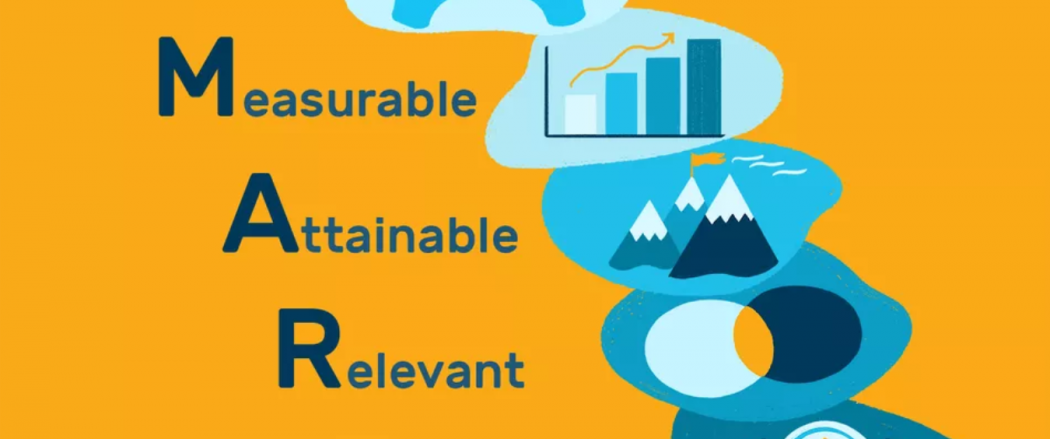So you’ve now decided you want to change your drinking behaviour, GREAT! Now you need to prepare to make that change. This is an especially important stage as it is building your behaviour change support system.
Maintaining your mindset
Firstly, make sure you’re maintaining that mindset we established in the first post so keep the reasons or pros and cons list you made previously close by to keep you motivated. If you need more self-motivation, try thinking about a time when you did have a goal that you achieved, or perhaps a role model in your life that you look up to and think about what they have done to achieve their goals.
Setting a goal
Next you need to come up with your own unique goal that you want to achieve and try to make it a SMART goal. A SMART goal needs to be specific, measurable, attainable/achievable, relevant and time based. This will help you stay on track, as well as making sure you are setting a goal that is relevant to you and one that you know you can achieve.
An example of a SMART goal could be: “I would like to have 2 alcohol free days a week for four weeks in a row”. However, to another this could not be an attainable goal, and it would be easier to try having one alcohol free day instead for a month, before building up to two. It’s easier and more sustainable to start with small goals and work your way up, so, think about what you can personally do and work within your own capabilities.
Helps and Hindrances
Once you have created your SMART goal think about what might help you achieve it and what might hinder you.
It can be helpful to think of common situations that may occur in your life which have led to you to drink the way you do. For example, perhaps you turn to alcohol when you are stressed and like to have a few pints every evening after work to unwind. If stress is an unavoidable hindrance in your life try thinking of what else you find to relieve your stress other than alcohol, whether it be exercise, meditation, chatting to your friend or playing with your pet. Then when you feel stressed try doing one of those activities instead.
An easy way to do this is write out: if “insert specific situation” occurs, I will “insert action that involves abstaining from drinking”. For example, “if I am feeling stressed after work, I will have my favourite non-alcoholic drink and run a bath”.
Social Support
A big factor that can help or hinder you in helping you achieve your goal is how you are socially supported and how you drink socially. Perhaps tell your friends or partner your plan and ask if they want to join you or plan non-alcohol related activities for you both to engage in, such as going on a walk or having a nice dinner at your favourite restaurant.
However, if your friends or family aren’t interested in joining you, tell them what you’re doing and why you’re doing it and ask them to keep you accountable. You don’t necessarily have to sacrifice your social circle for your goal, for example, if you still want to and feel able to join your friends at a pub at the weekends, you could set a SMART goal where you make your first drink a non-alcoholic one. Incorporating in and having support from your social circle will help make the process much easier.
(Image supplied by The Balance)
How To Successfully Reduce Alcohol Part 2: Preparation

